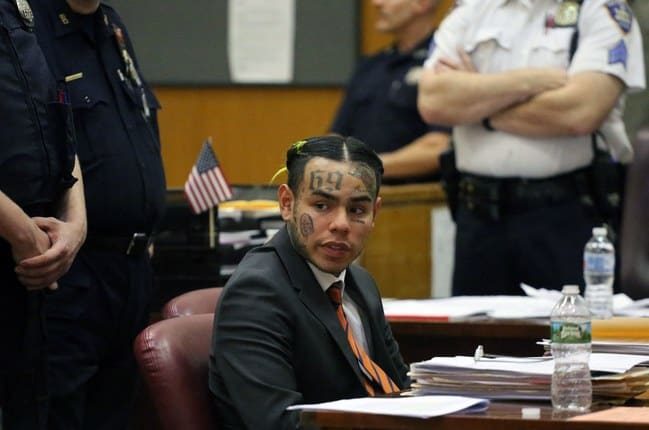A salient article in ABC News today regarding $1.6 million siphoned from the estate of an elderly couple by their sons.
After noticing a decline in her grandparents’ cognitive abilities and a disappearance of their assets, the granddaughter of the couple sought an independent administrator for the couple in mid-2017, in defiance of her father and uncles.
The State Administrative Tribunal found the men were involved in “questionable transactions” and ordered the Public Trustee to investigate and consider whether anything should be referred to police, including:
- Transferring $1.6 million from the sale of the family farm out of the couple’s joint account and into their own bank accounts
- Transferring ownership of a home into their names
- Using their parents’ money to pay their legal bills and for renovations to the home
While most of the assets were returned to her grandparents last year, it was only the actions of the granddaughter which caused the abuse to come to light.
These events are known as elder abuse – broadly defined as the abuse of a person aged 65 or older by a person they trust. A 2017 Australian Law Reform Commission (ALRC) report into elder abuse recommended the introduction of what it called “adult safeguarding” legislation, however, a recent WA parliamentary committee determined it was not necessary to introduce new elder abuse laws and instead recommended strengthening existing laws to protect older citizens.
If you have concerns about your cognitive abilities, or those of someone around you, legal advice should be sought. An Enduring Power of Attorney can be instated while capacity still exists, but can also be done after capacity is lost through the State Administrative Tribunal, though this is uncertain and can be costly. Alternatively, as in this case, a solicitor can assist in applying to SAT to intervene in matters where abuse is a concern.
The costs are relatively low to be proactive to protect yourself and your loved ones as you get older.

